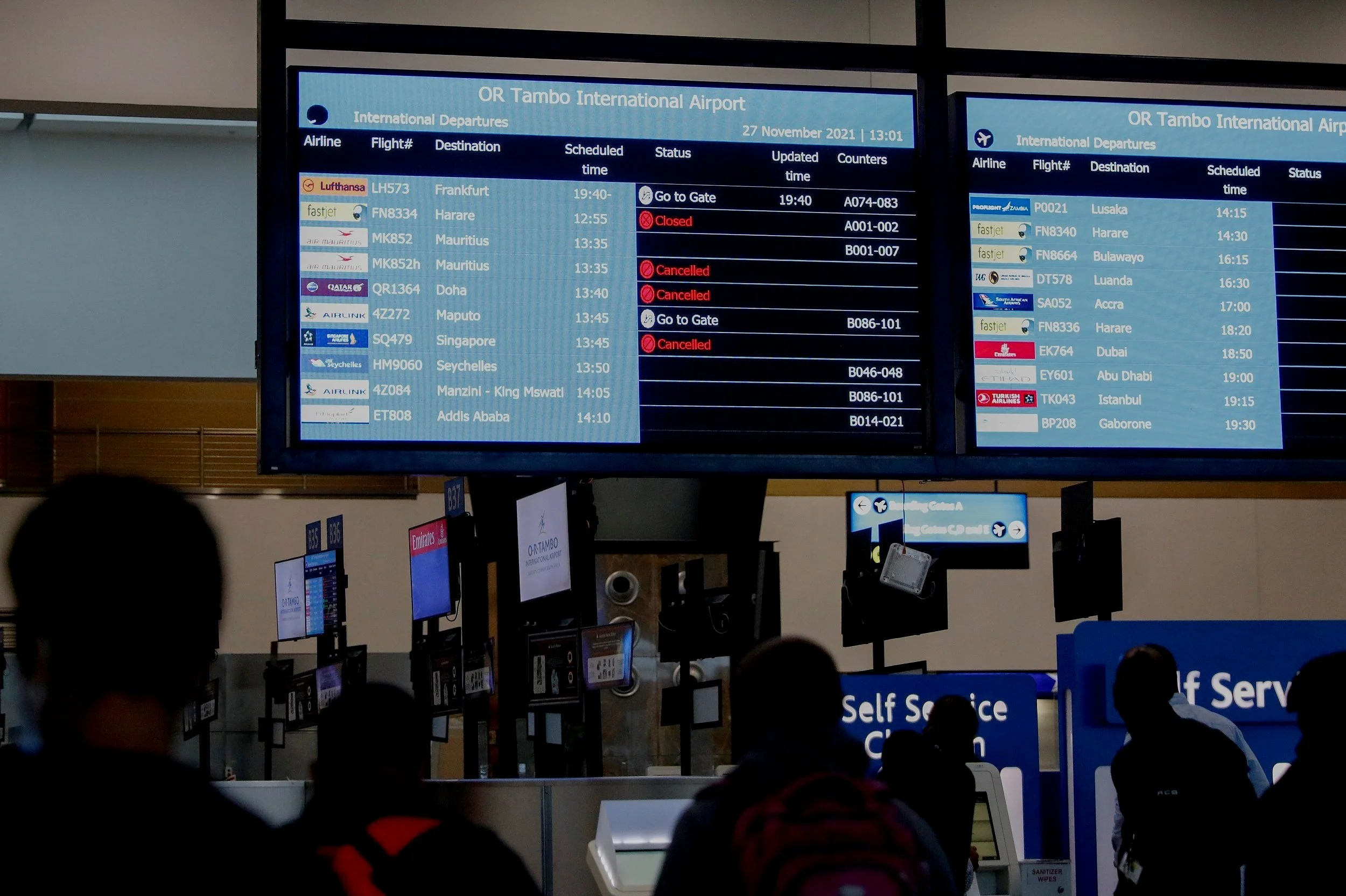Travel to Europe this Christmas has been thrown into question as nations like Austria and the Netherlands have implemented additional lockdowns, and instances of the new Omicron type have been discovered in several countries. But how may this affect your holiday? Here's what you should know.
Omicron: Will my European holiday go ahead?
Before you go, you should be informed that certain nations have implemented new internal restrictions. Austria has entered a new state of emergency, with residents instructed to leave their homes only for necessary activities. The Netherlands has also imposed three weeks of limitations on stores, sports, and catering and recommended individuals to work from home. Germany is also set to suffer similar limitations. German Health Minister Jens Spahn declared bluntly: 'Probably by the end of winter, more or less everyone in Germany will be vaccinated, healed, or dead.'
Countries are strengthening their restrictions on incoming travel due to the appearance of the Omicron variant – B.1.1.529. After instances of the new type were detected, Switzerland put the UK on its red list, requiring people entering from the UK to submit a negative Covid-19 test and be quarantined for ten days. Travellers visiting Portugal must also provide confirmation of a negative test, and Spain has tightened its requirements to guarantee that anybody entering the country is completely vaccinated.
For the time being, however, no European nations have been added to the UK's red list, so people wanting to travel for Christmas should be allowed to do so as long as they have had the required immunizations or tests. Most European countries need confirmation of vaccinations for travel, and any further restrictions are likely to hit the unvaccinated first.
Which Countries in Europe Are Going to Lockdown?
Beginning Monday, Austria will be the first Western European country to reimpose a statewide lockdown. Germany is cracking down on unvaccinated persons and is no longer ruling out stricter measures. While existing regulations range from mask requirements in Spain to a partial shutdown in the Netherlands, the trend is toward stricter controls as Europe deals with a severe recurrence of the coronavirus pandemic.
What European Countries Are Introducing Restrictions & Rules?
France was among the first to halt all flights from the seven African nations. At the same time, it was declared that anybody who had previously lived in one of the seven areas would be subject to stringent entrance requirements.
Denmark imposes an entry ban on those travelling to and from the Southern African region.
Following the Commission's advice, the Danish Ministry of Foreign Affairs recommended everyone on November 26 avoid travelling to Botswana, Eswatini, Lesotho, Malawi, Mozambique, Namibia, South Africa, and Zimbabwe.
Slovenia & Hungary has introduced quarantine requirements for those travelling from omicron-affected areas.
Why is this so tricky?
Because the risk of COVID varies so much across nations, rules will necessarily be complicated.
While Covid-19 provisions remain in place, the government has issued a charter that "clearly spells forth consumer rights and obligations when purchasing travel."
Given the circumstances, it expects travel operators to be "flexible" with consumers, and the Competition and Markets Authority (CMA) has advised package holiday providers that refund laws must be followed.

